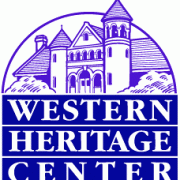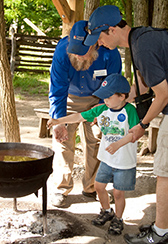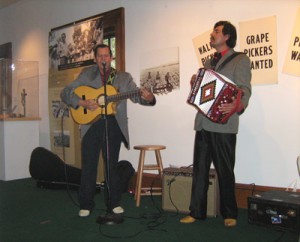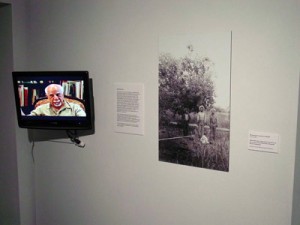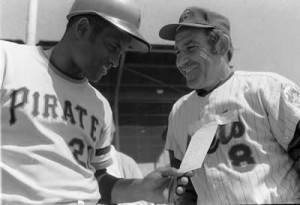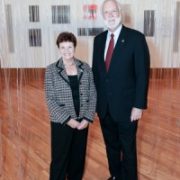Western Heritage Center: 10 Years in Association with the Smithsonian
2011 is a big year for organizations–20 at the latest count–celebrating their 10th anniversary as Smithsonian Affiliates. To honor these Affiliates we’ll be blogging monthly about each one as they reach this milestone.
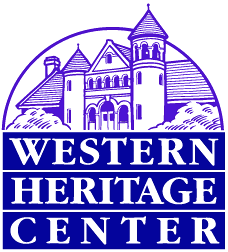 Almost 2,000 miles from the National Mall, Billings, Montana is home to the Western Heritage Center (WHC), one of three organizations in Montana working in association with the Smithsonian Institution. What began as a community center to display a private collection of western artifacts has grown to include nationally recognized education and outreach programs, long term exhibits with interactive components, traveling exhibits, a vast collection of historic artifacts, fine art, textiles, photographs and memorabilia, and climate controlled archival storage.
Almost 2,000 miles from the National Mall, Billings, Montana is home to the Western Heritage Center (WHC), one of three organizations in Montana working in association with the Smithsonian Institution. What began as a community center to display a private collection of western artifacts has grown to include nationally recognized education and outreach programs, long term exhibits with interactive components, traveling exhibits, a vast collection of historic artifacts, fine art, textiles, photographs and memorabilia, and climate controlled archival storage.
From the very beginning, WHC jumped right in to collaborating with the Smithsonian by hosting Smithsonian Days in the Yellowstone Region, a program that featured a community celebration and a school/public lecture series from The Smithsonian Associates and the Smithsonian Center for Education and Museum Studies. They developed and traveled the exhibition Coming Home: The Northern Cheyenne Odyssey, that told the stories of two Northern Cheyenne bands, beginning in 1876 and continuing to the present day, and featured a Cheyenne animal hide purse on loan from the National Museum of the American Indian (NMAI). And they’ve consistently participated in the Smithsonian Magazine’s Museum Day since 2006.
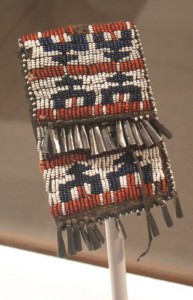
NMAI loaned this Cheyenne animal hide bag to WHC for their exhibition, "Coming Home: The Northern Cheyenne Odyssey."
What does the future have in store for WHC? Director Julie Dial says, “We look forward to partnering with other Montana Affiliates to bring Smithsonian speakers to our communities as well as recording oral histories before the stories of our region are lost to time. Thanks to the support of wonderful people on our Board like Ralph and Pat Dixon, avid Smithsonian enthusiasts, we are able to share these types of collaborations with our visitors.”
So, Happy 10th Anniversary Western Heritage Center! Keep that Western spirit alive and here’s to many more years of collaboration.

